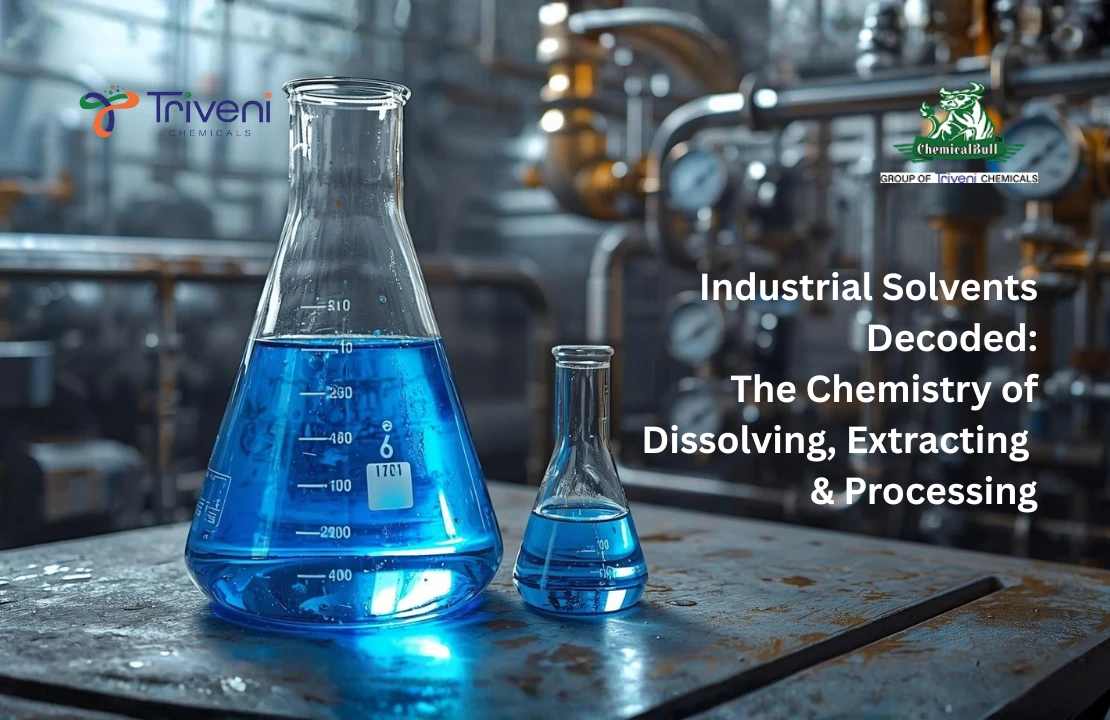Benzyl Propionate: A Fragrant Journey
Table of Contents
- Introduction to Benzyl Propionate
- Production of Benzyl Propionate
- Applications in Industry
- Role of Chemical Manufacturers
- Global Supply Chain: Exporters and Traders
- Environmental and Safety Considerations
- The Future of Benzyl Propionate in Organic Chemicals
- Conclusion
Introduction to Benzyl Propionate
Benzyl propionate is a valuable organic chemical known for its sweet, fruity fragrance reminiscent of apricots and pears. Chemically, it is an ester formed from the reaction of benzyl alcohol with propionic acid. This compound is widely appreciated in the flavor and fragrance industries for its ability to impart a pleasant scent and flavor to various products. Its molecular formula is C10H12O2, and it serves as a critical component in the production of perfumes, cosmetics, and even food items. Beyond its sensory appeal, benzyl propionate is also studied for its potential applications in pharmaceutical and industrial contexts, marking it as a versatile player among benzyl isoeugenol raw materials.
Production of Benzyl Propionate
Benzyl propionate is synthesized through an esterification reaction, where benzyl alcohol is reacted with propionic acid. This chemical reaction typically involves the use of a catalyst, such as sulfuric acid, to facilitate the ester formation. The process can be represented by the chemical equation:
C6H5CH2OH+CH3CH2COOH→C6H5CH2COOCH2CH3+H2O
In industrial settings, production is carefully controlled to optimize yield and purity. Factors such as temperature, reaction time, and the molar ratio of reactants are precisely managed. Post-reaction, the product undergoes a purification process which typically includes distillation to separate and refine the benzyl propionate. This step is crucial to achieve the high-quality standard required for use in various applications, particularly in the fragrance industry.
Chemical manufacturers involved in the production of benzyl propionate must adhere to stringent regulatory standards to ensure safety and environmental compliance. The process is monitored for efficiency and sustainability, with ongoing research directed towards minimizing by-products and reducing energy consumption.
Applications in Industry
Benzyl propionate is a versatile organic chemical known for its sweet, fruity aroma, resembling that of apricots, apples, and strawberries. This characteristic makes it an invaluable ingredient in the fragrance industry, where it is commonly used in the formulation of perfumes and scented products. Beyond fragrances, benzyl propionate finds extensive use in flavoring food products, contributing subtle fruity notes to beverages, baked goods, and confections.
Its applications extend into the cosmetics sector as well, where it is employed not only for its scent but also as a solvent for various ingredients that are less soluble. In addition to these roles, benzyl propionate is utilized in the production of household cleaners and detergents, providing a pleasant scent that enhances the consumer experience.
Furthermore, in the broader chemical industry, benzyl propionate serves as an intermediate in the synthesis of other complex organic compounds. Its utility in creating benzyl isoeugenol, a compound used in various aromatic products, highlights its importance as a foundational material for numerous chemical processes. This broad spectrum of applications underscores benzyl propionate’s critical role in various industrial sectors, driven by both its olfactory properties and its chemical versatility.
Role of Chemical Manufacturers
Chemical manufacturers play a crucial role in the production and distribution of benzyl propionate, a compound widely used in the fragrance and flavor industry. As a key component in creating scents and flavors, the quality and purity of benzyl propionate are paramount, making the responsibilities of chemical manufacturers especially significant.
These manufacturers are responsible for synthesizing benzyl propionate through established chemical processes that ensure the highest yield and purity of the product. This involves the careful selection of raw materials, including benzyl alcohol and propionic acid, and the precise control of reaction conditions to achieve optimal results. Manufacturers must adhere to strict regulatory standards and quality control measures to ensure that the benzyl propionate produced meets industry specifications and safety standards.
Global Supply Chain: Exporters and Traders
The global supply chain for benzyl propionate, a crucial component in the flavor and fragrance industries, involves a network of chemical manufacturers, exporters, and traders who ensure its availability across the world. Chemical manufacturers produce benzyl propionate in industrial facilities primarily located in regions with strong chemical industry infrastructures, such as North America, Europe, and Asia. Once manufactured, benzyl propionate is handled by chemical traders who act as the intermediaries, facilitating transactions between producers and end-users.
Chemical exporters play a pivotal role in navigating the complex regulatory landscapes of international trade. They manage logistics and compliance with both domestic and international chemical safety standards, ensuring that benzyl propionate reaches global markets efficiently and safely. This network is critical not only for the distribution but also for maintaining the quality and integrity of the chemical during transport. The smooth operation of this supply chain is essential for the sustained availability of benzyl propionate to industries that depend on it for the creation of myriad products, ranging from perfumes to flavorings.
Environmental and Safety Considerations
Benzyl propionate, like many organic chemicals, must be handled with care to mitigate potential environmental and health risks. This chemical, primarily used in the fragrance industry, is considered safe in its intended applications, but it requires careful management to prevent undue exposure.
Environmental Impact: Benzyl propionate should not be released into the environment as it can affect aquatic ecosystems. It is moderately biodegradable, but high concentrations can be toxic to aquatic life. Efforts must be made to ensure that waste containing benzyl propionate is treated before disposal, typically through methods like incineration or biological treatment in controlled settings.
Health and Safety Concerns: For humans, benzyl propionate is generally regarded as safe when used in the context of its applications in perfumes and flavors. However, direct contact can irritate the skin and eyes. Inhalation of high concentrations can lead to respiratory discomfort. Safety Data Sheets (SDS) recommend using personal protective equipment such as gloves, goggles, and appropriate respiratory protection during handling to minimize exposure.
Regulatory Standards: Compliance with local and international regulations is crucial. This includes adhering to guidelines set by organizations such as the Environmental Protection Agency (EPA) in the U.S. or the European Chemicals Agency (ECHA) in the EU. These agencies require accurate reporting of usage quantities, disposal methods, and accident prevention plans.
The Future of Benzyl Propionate in Organic Chemicals
As the demand for more sustainable and environmentally friendly products increases, benzyl propionate is positioned to play a significant role in the future of organic chemicals. This compound, known for its sweet, fruity aroma, is widely used in the flavor and fragrance industries, and its applications could expand as consumers seek more natural scent and flavor profiles in products ranging from perfumes to food items.
In the realm of organic chemicals, advancements in green chemistry could enhance the production processes of benzyl propionate, making them more environmentally friendly and cost-effective. Researchers are focusing on optimizing synthetic routes that reduce waste, lower energy consumption, and utilize renewable resources. This aligns with the increasing regulatory pressures and market demands for sustainable practices.
Conclusion
Benzyl propionate continues to be a significant player in the production of flavors and fragrances, proving its value in both traditional and innovative applications within the chemical industry. As manufacturers, exporters, and traders further refine their processes and explore sustainable practices, the demand for this versatile ester is expected to grow. The future looks promising for benzyl propionate as it upholds its essential role amidst evolving market dynamics and increasingly stringent environmental standards. The ongoing collaboration between chemical manufacturers, suppliers, and regulatory bodies will be crucial in shaping its sustainable journey forward.







